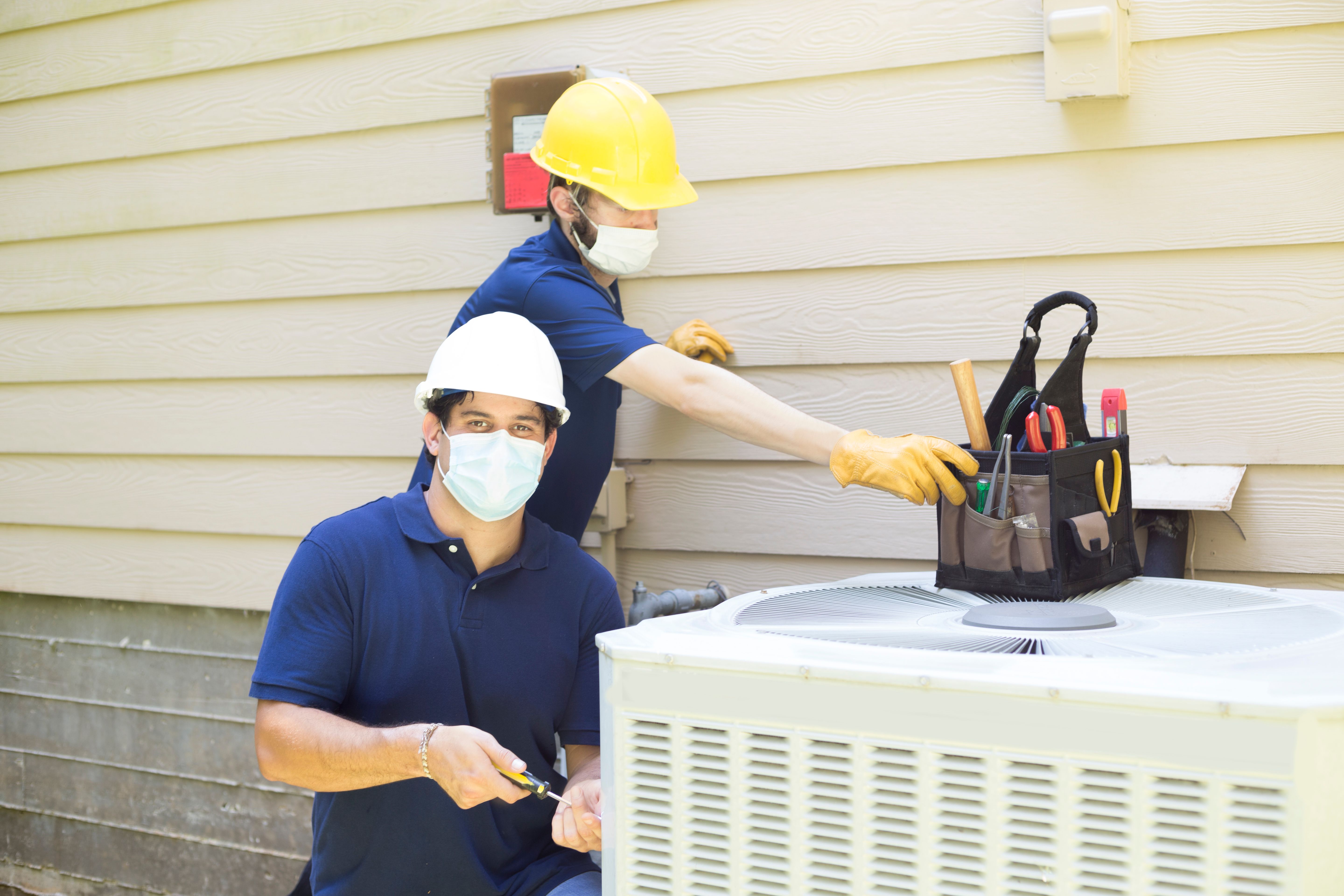Essential Guide to Respirator Masks for Dust and Chemical Protection
Understanding the Importance of Respirator Masks
Respirator masks are crucial for protecting individuals from harmful dust, gases, and chemicals. Whether you're working in construction, manufacturing, or any industry with airborne hazards, understanding the different types of respirator masks can significantly impact your health and safety. These masks not only prevent inhalation of hazardous substances but also ensure compliance with safety regulations.

Types of Respirator Masks
There are several types of respirator masks, each designed for specific hazards. The most common types include:
- Disposable Respirators: Also known as N95 masks, these are suitable for filtering out dust and particulates.
- Half-Face Respirators: These offer a higher level of protection against gases and vapors when used with appropriate filters.
- Full-Face Respirators: Providing full facial protection, these masks are ideal for environments with toxic chemicals.
Choosing the Right Filter
Filters play a crucial role in determining the effectiveness of a respirator mask. It's essential to choose the right filter for the specific environment and hazard. Filters are categorized based on their efficiency and the types of particles they can block. For example, P100 filters offer the highest level of protection against both oil and non-oil based particulates.

Proper Fit and Usage
A respirator mask is only effective if it fits properly. An ill-fitting mask can allow harmful particles to bypass the filter, posing a health risk. Ensure that the mask forms a tight seal around your nose and mouth. Regular fit testing is recommended to maintain the mask's efficacy. Additionally, follow the manufacturer's instructions for usage and maintenance.
Maintaining Respirator Masks
Proper maintenance is essential to prolong the life of reusable respirator masks. After each use, clean the mask according to the manufacturer's guidelines and store it in a clean, dry place. Replace filters regularly, especially if you notice increased breathing resistance or damage to the filter material.

Regulatory Standards and Compliance
Understanding regulatory standards is vital for ensuring workplace safety. In many countries, organizations like OSHA or NIOSH provide guidelines and certifications for respirator masks. Ensure that your masks meet local standards to avoid legal issues and ensure maximum protection.
Training and Education
Employers should provide training on the proper use and maintenance of respirator masks. This includes understanding the specific hazards present in the workplace and knowing how to select and use the right type of mask. Regular training sessions help reinforce safety protocols and keep employees informed about new developments in protective equipment.

Conclusion
Respirator masks are an essential component of workplace safety in environments with dust and chemical exposure. By understanding the different types, selecting the right filters, ensuring proper fit, and following maintenance protocols, you can protect yourself from potential health risks. Stay informed about regulatory standards and invest in regular training to keep safety a top priority.
Commercial Kitchen Marketplace
Your one-stop online destination for equipping professional kitchens. Discover a wide selection of durable, high-quality commercial-grade appliances, from heavy-duty ovens and refrigeration units to efficient food preparation tools and essential kitchenware. Visit our store: http://avice.org
